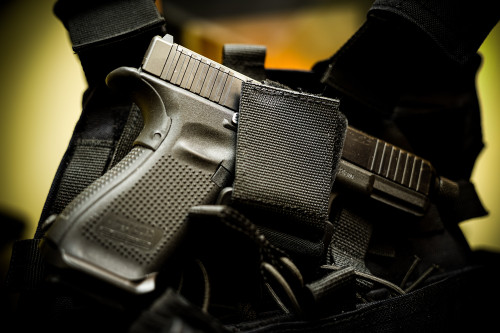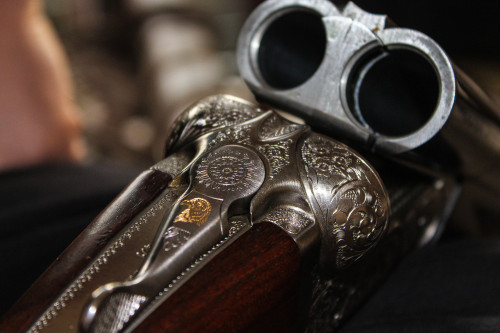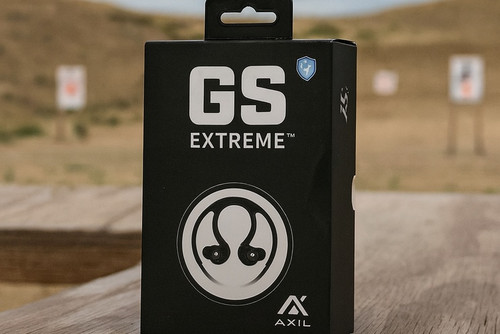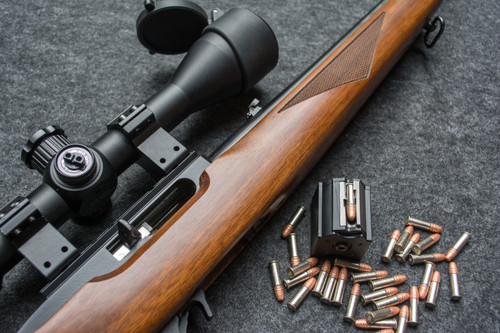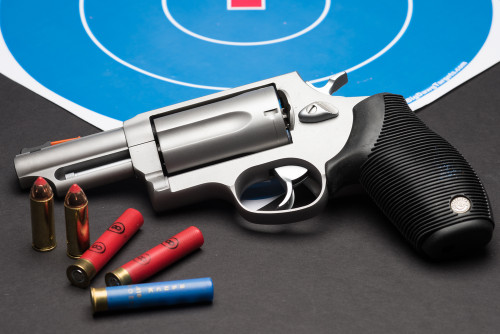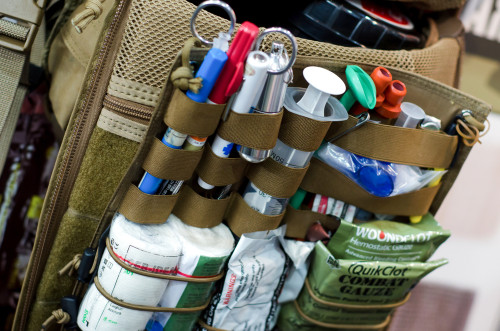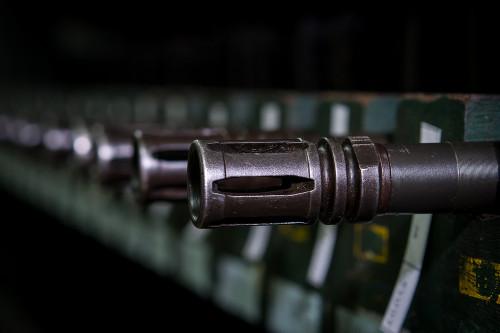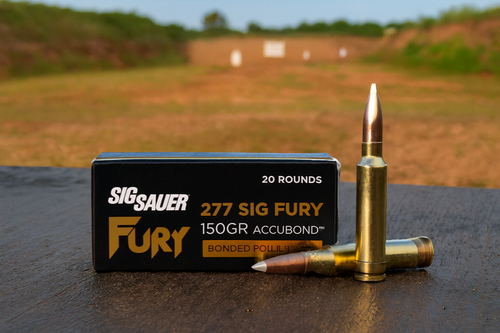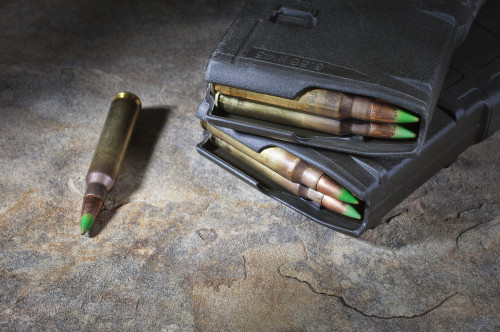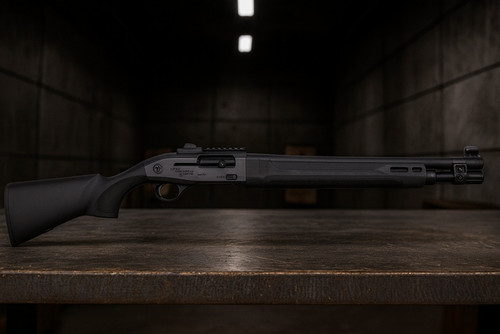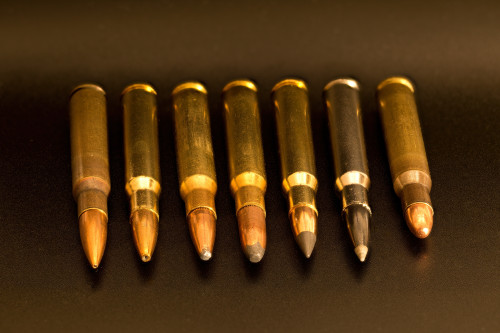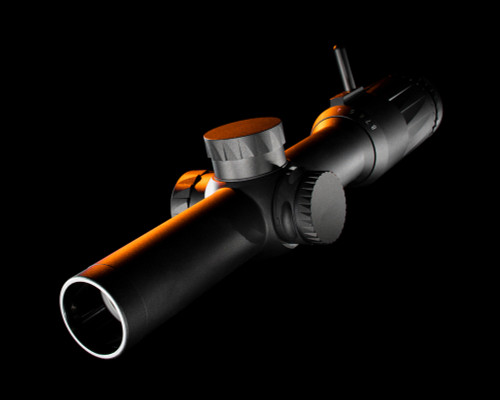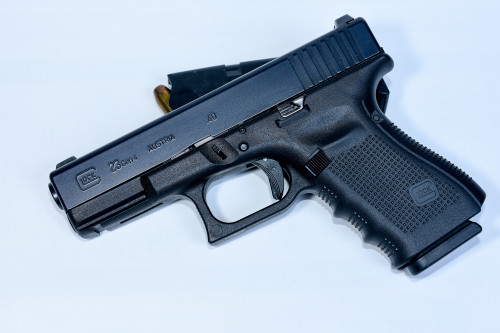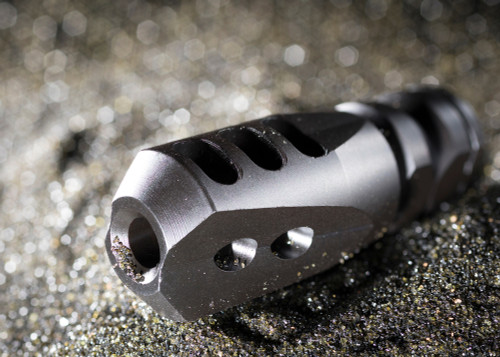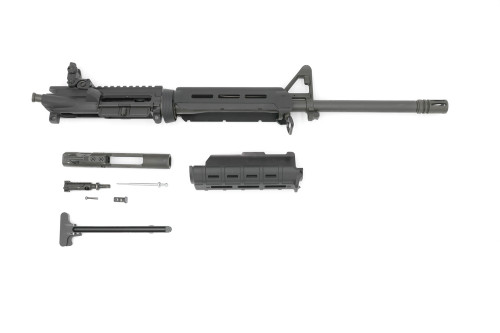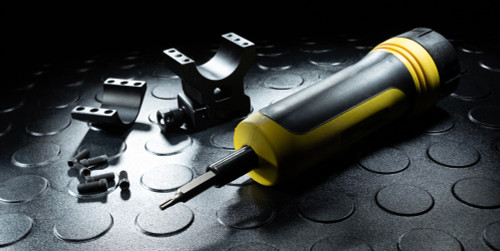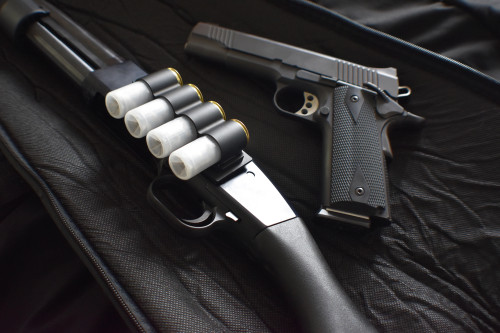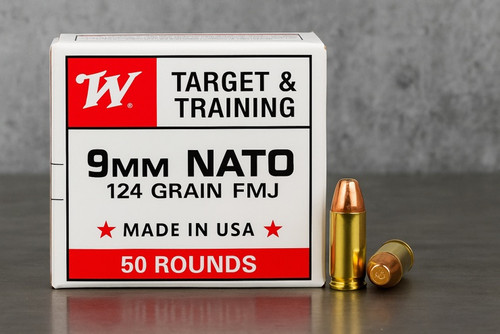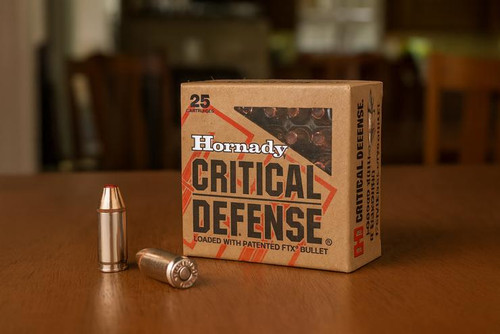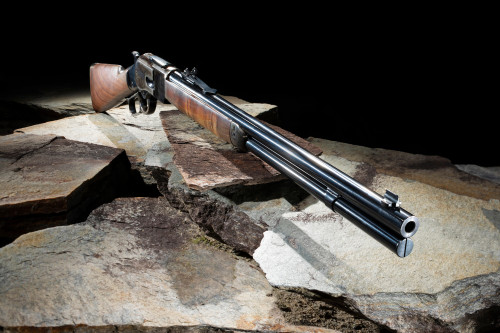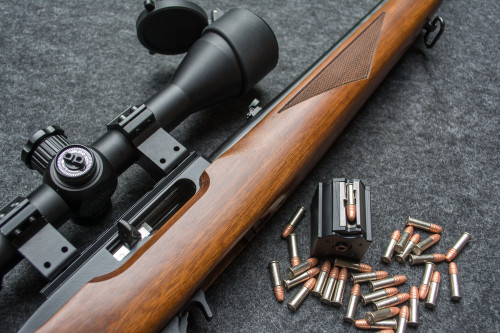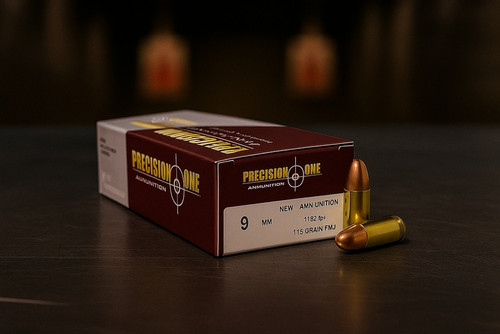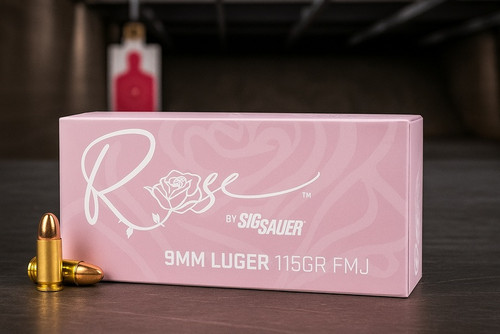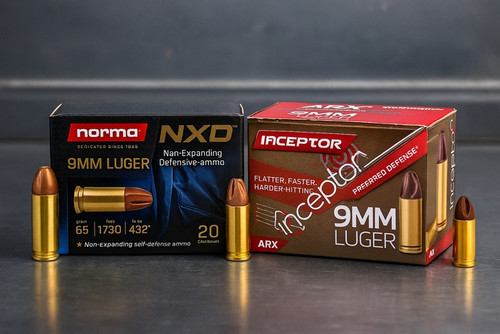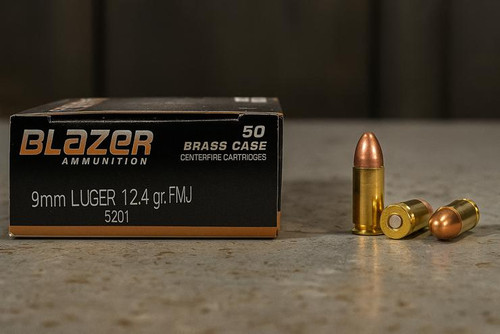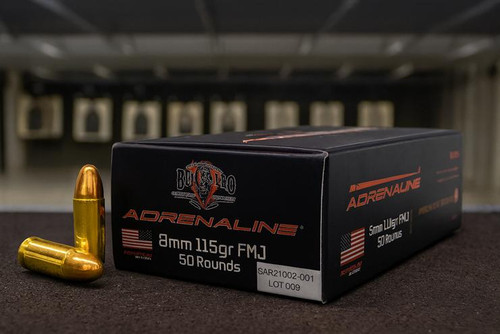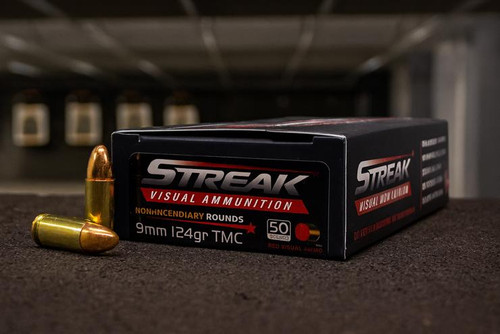Hello, and welcome to this week's Pro Armory Medal of Honor Hero!Today, we will be covering a very interesting individual, and his crew, of which is the only vessel of its kind to be credited with sinking a train. That is right, they sunk a train. The individual in question goes by the name of Eugene B. Fluckey, and as you read this excerpt, you might begin to wonder if this is the guy the character Indiana Jones is based off of. Let us know what you think:
Eugene Fluckey, was born in Washington D.C. on October 5, 1913 and would be on the fast track to a very successful military career for the next 50 years. From the time he graduated high school, to his commission as Ensign at the age of 22, to his progression to Rear Admiral in july of 1961, Fluckey would continuously be moving like his pants are on fire as he goes from doing regular boat deployments, to attending submarine school in 1938, and after working aboard a few of those sketchy beasts, he attended Prospective Commanding Officers’ School at the Submarine Base in New London. The following year, 1944, Fluckey would assume command of the boat that he would sail into the history books with over the next year, the USS Barb. During the Eighth, Ninth, Tenth, Eleventh and Twelfth War Patrols, Fluckey would be awarded the Navy Cross, three Gold Stars (to annotate the three additional Navy Crosses) , and one Congressional Medal of Honor, for his valor and heroism. These citations tell his story during this time:
- First Navy Cross: “For extraordinary heroism - during the Eighth War Patrol from May 21, 1944, to July 9, 1944. Through his outstanding determination, excellent initiative and aggressiveness, despite adverse conditions of cold weather, fog and ice floes, five intelligently planned and well executed torpedo attacks resulted in the sinking of three enemy freighters and two transports. In addition, two daring gun battles were conducted among the icebergs and resulted in the sinking of two enemy trawlers.”
- Second Navy Cross: “For extraordinary heroism - during the Ninth War Patrol from August 4 to October 3, 1944, he launched damaging torpedo attacks against Japanese shipping and combatant units to sink a 10,000-ton tanker, two freighters totaling 9,500 tons, a 22,500-ton auxiliary aircraft carrier, and to damage a tanker of 5,000 tons. Affecting the rescue of fourteen British and Australian prisoners of war who were survivors of a torpedoed enemy transport, he provided care and treatment for the sick and wounded and, although heavy enemy counter attacks caused minor damage to his ship, employed evasive tactics and returned to port without further damage.”
- Third Navy Cross: “For extraordinary heroism - during the Tenth War Patrol, from October 27 to November 25, 1944. Maneuvering his ship in extremely shallow water, he braved intense hostile countermeasures to penetrate strong enemy escort screens and launch smashing torpedo attacks against Japanese shipping, sinking five enemy ships for a total of more than 28,900 tons and damaging three other vessels, including a large aircraft carrier, totaling more than 40,000 tons.”
- Medal of Honor: For conspicuous gallantry and intrepidity at the risk of his life above and beyond the call of duty as commanding officer of the U.S.S. Barb during her 11th war patrol along the east coast of China from 19 December 1944 to 15 February 1945. After sinking a large enemy ammunition ship and damaging additional tonnage during a running two-hour night battle on 8 January, Comdr. Fluckey, in an exceptional feat of brilliant deduction and bold tracking on 25 January, located a concentration of more than 30 enemy ships in the lower reaches of Nankuan Chiang (Mamkwan Harbor). Fully aware that a safe retirement would necessitate an hour's run at full speed through the uncharted, mined, and rock-obstructed waters, he bravely ordered, "Battle station-torpedoes!" In a daring penetration of the heavy enemy screen, and riding in five fathoms of water, he launched the Barb's last forward torpedoes at 3,000-yard range. Quickly bringing the ship's stern tubes to bear, he turned loose four more torpedoes into the enemy, obtaining eight direct hits on six of the main targets to explode a large ammunition ship and cause inestimable damage by the resultant flying shells and other pyrotechnics. Clearing the treacherous area at high speed, he brought the Barb through to safety, and four days later sank a large Japanese freighter to complete a record of heroic combat achievement, reflecting the highest credit upon Comdr. Fluckey, his gallant officers and men, and the U.S. Naval Service.
- Fourth Navy Cross: “For extraordinary heroism - during the Twelfth War Patrol, from June 8 to August 2, 1945. Introducing rocket and saboteur tactics into submarine warfare, he braved severe countermeasures to take his vessel into extremely shallow water and launch bold torpedo, rocket and gun attacks which resulted in the sinking of enemy shipping totaling 11,000 tons and infliction of extensive damage to seven Japanese coastal towns. Landing a party of Commandos in rubber boats on a hostile shore on one occasion, he contributed to their success in destroying a Japanese train.”
Yes, you read that last Navy Cross citation correctly. He was credited with sinking a train. The ships were too afraid to come out to play with the U.S. Navy, and instead Fluckey would sail his star spangled banner loving ship, into a Japanese harbor. Once there, he decided to get to the supplies before they got to the boats, where they were least protected. He would send a couple of small boats ashore to set satchel charges, which are normally used to scuttle ships, under the rails of the train tracks. Once the train came to pass, the satchels exploded, sending the train barreling into the ocean. Thus being the first Naval officer to sink a train as part of his reported tonnage.
By the end of the War, Fluckey would hold the record in most people's history books for the most tonnage sunk of any submarine Captain in U.S. history! Over his time in combat service, he accumulated a total of 25 ships for a wapping 179,700 tons sunk! I mean, how can you not sit there, reading this, and scratch your head? Honestly, I would have to say that Eugene Fluckey should be more of a role model for our generations more so than any Hollywood actor or sports star. This guy was head over heels stars and stripes, and he never lost a man on his boat!
Well folks, that is all I have this time for our Pro Armory Blog! Please join us next time for more write ups of America’s true heroes and get out there to get training. Training is the separation between surviving a self defense encounter and potentially not. Please get some training, as we are never masters, but always students of the art. I will see you sexy ammo lovers in the next one!



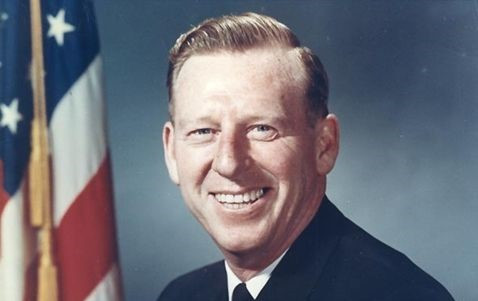
 Gabriel Eck
Gabriel Eck
